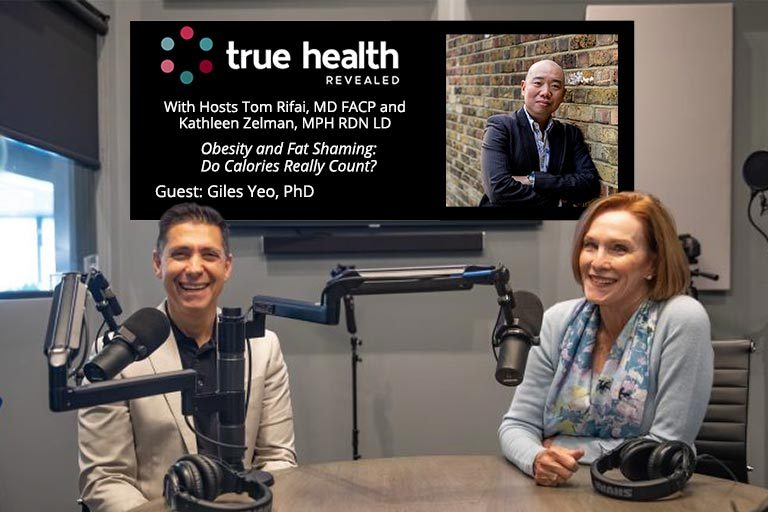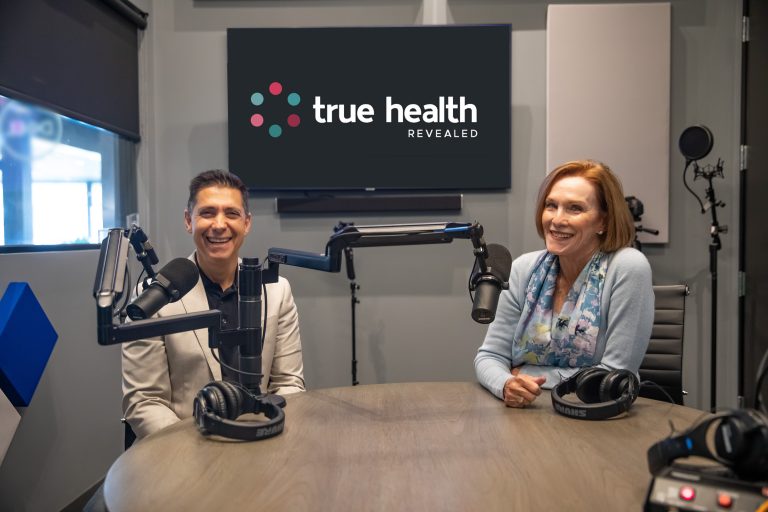
Season 1, Episode 5 Guest Giles Yeo, PhD
Cambridge Professor and Obesity Geneticist, Giles Yeo (pronounced YO) PhD and I discuss the genetics and epigenetics of obesity and fat shaming and the influence of our food environment on our collective health, from a practical and actionable level. He makes a strong case why calorie counting is overrated, why BMI is a poor tool to assess metabolic health risk, why fat shaming is not helpful and why he, with all he knows, is a flexitarian. He adds a very interesting story of when he fully stopped meat, and then what happened when he restarted eating it. There’s more too but you’ll just have to listen to find out!
Giles Yeo got his PhD from the University of Cambridge in 1998, after which he joined the lab of Prof Sir Stephen O’Rahilly, working on the genetics of severe human obesity. Giles Yeo is now a programme leader at the MRC Metabolic Diseases Unit in Cambridge and his research currently focuses on the influence of genes on feeding behaviour & body-weight. In addition, he is a graduate tutor and fellow of Wolfson College, and Honorary President of the British Dietetic Association. Giles is also a broadcaster and author, presenting science documentaries for the BBC, and hosts a podcast called ‘Dr Giles Yeo Chews The Fat.’ His first book ‘Gene Eating’ was published in December 2018, and his second book ‘Why Calories Don’t Count’ came out in June 2021. Giles was appointed an MBE in the Queen’s 2020 birthday honours for services to ‘Research, Communication and Engagement.’



